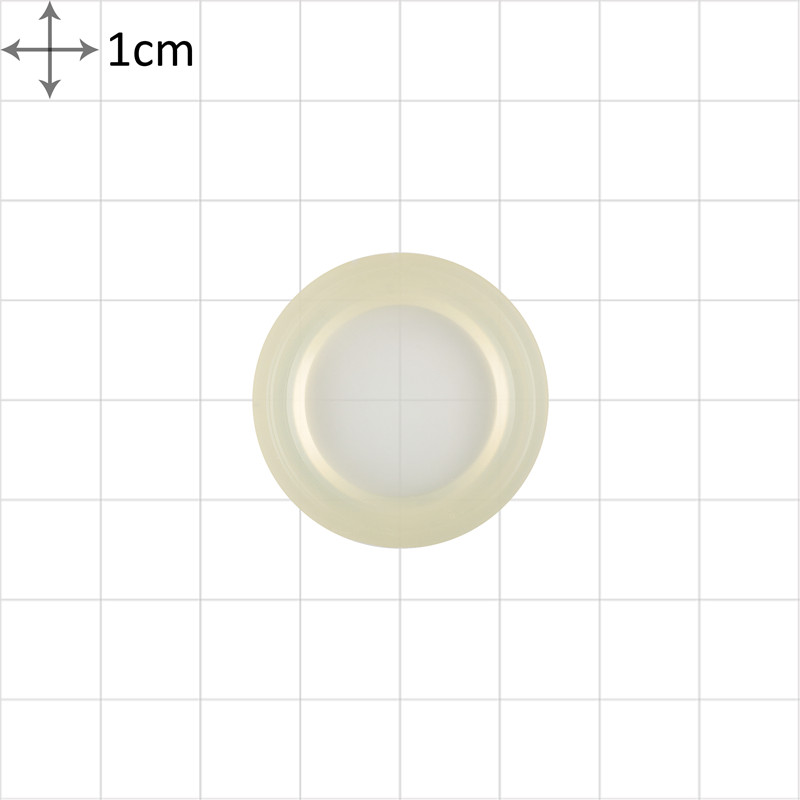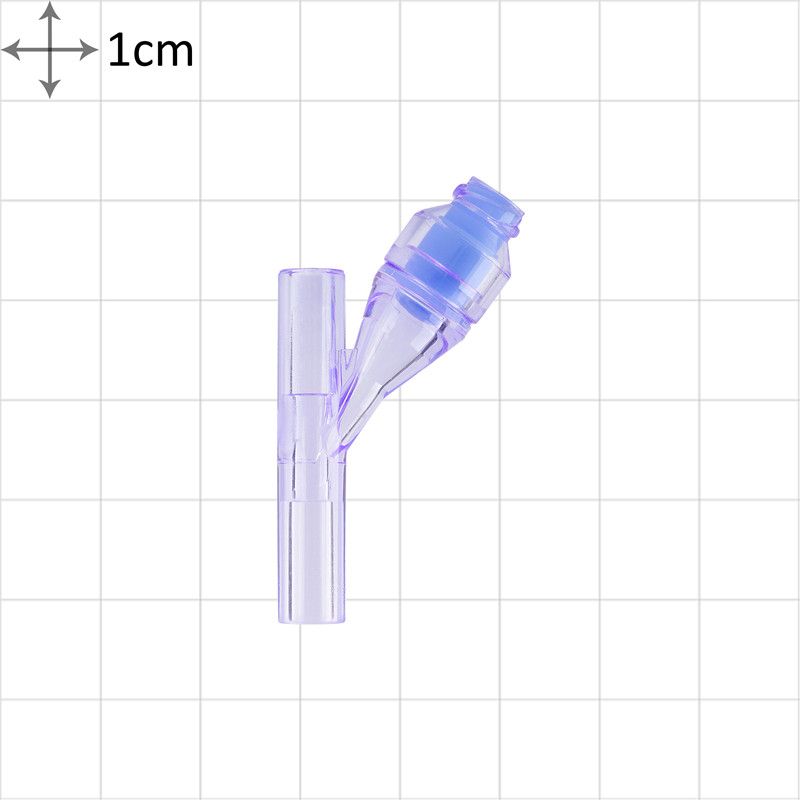Medical experts have cautioned against labelling the death of a premature baby in Hong Kong as a blunder, suggesting an equipment malfunction could have prevented heart medication from being delivered in a timely manner.
They also stressed on Thursday that such incidents were rare and noted the infant had been critically ill beforehand. Luer Lock To Tubing Adapter

The case centred on a closed supply valve that had obstructed heart medication from reaching the infant’s body for 50 minutes until the equipment emitted an alarm. The baby died on Tuesday afternoon – 12 hours after the incident.
Disclosing the case late on Wednesday night, the Hospital Authority said the chief executive of Prince of Wales Hospital in Sha Tin and its clinical team had explained the problem and apologised to the family.
“A root cause analysis panel will be set up to investigate the incident thoroughly. The case has been referred to the coroner for follow-up,” the authority said, without indicating the child’s gender.
The baby, born on June 12 more than two months premature with congenital heart issues, had been sent to the hospital’s Neonatal Intensive Care Unit, with doctors determining the infant needed ventilation care and inotropes medication – a drug that helps control heart contractions.
According to a hospital spokesman, the infant’s inotropes dosage was adjusted at around 3am on Tuesday morning, but medical staff did not realise the stopcock had failed to open until the alarm sounded 50 minutes later.
Healthcare workers quickly fixed the issue, but the baby’s condition continued to deteriorate until it died at 4pm on the same day.
“The hospital extended its deepest condolences to relatives,” the spokesman said.
A source familiar with the operation of neonatal intensive care units said a delayed alarm was possible if the amount of medication was small enough, as the device would take more time to detect a blockage.
The infant received 0.3ml of inotropes per hour which was gradually increased to 0.7ml, which “could hardly be seen” by the human eye, the insider noted.
The source said two nurses would generally oversee the dosage adjustment, before checking again after less than 30 minutes to ensure the amount was correct, the stopcock was open and the infusion was progressing smoothly.
“One cannot fully rely on a machine for the procedure as it would need time to sense the build-up in pressure caused by a blockage,” the source said. “A manual check is necessary.”
Cardiologist Dr Bernard Wong Bun-lap told the Post it was highly unusual that such devices would take so long to sound an alarm.
“These devices are usually extremely sensitive and tend to ring even if something is slightly off, so I highly suspect it malfunctioned,” he said.
Wong noted that the delay in medication for nearly an hour had likely caused the baby’s blood pressure to drop, reducing the supply of oxygen to critical organs such as the brain.
However, he stressed that such cases were “rare” and chalked up Tuesday’s incident to a combination of “many unfortunate factors”.
Dr Alfred Tam Yat-cheung, a specialist in paediatric respiratory medicine, urged the public to refrain from dubbing the case a “medical blunder” before a detailed assessment could be done, noting the baby had been critically ill beforehand.
“It was an extremely premature baby born at less than 28 weeks and it had congenital heart disease. It would be very hard for it to survive in the first place, no matter what was done,” he said.
Tam explained that the survival rate for premature babies born at 26 weeks was between 50 and 75 per cent, odds that would be further reduced by the infant’s heart disease.
However, the respiratory medicine specialist agreed it was unusual for the equipment to only sound an alarm after 50 minutes, and called for the manufacturer to perform a maintenance check.
“A detailed assessment is needed to learn how this happened and what more needs to be done, but it’s too early to say whether the standard of care was not good … and the public should not be concerned,” he said.
The hospital earlier said it had preliminarily reviewed the case and adopted immediate measures to prevent similar incidents, including reminding staff to be vigilant when performing drug infusions on newborns, as these involved very small dosages.

Luer Lock Syringe Use The hospital would also liaise with the supplier on the feasibility of enhancing the safety procedure for infusions on newborn babies, it added.